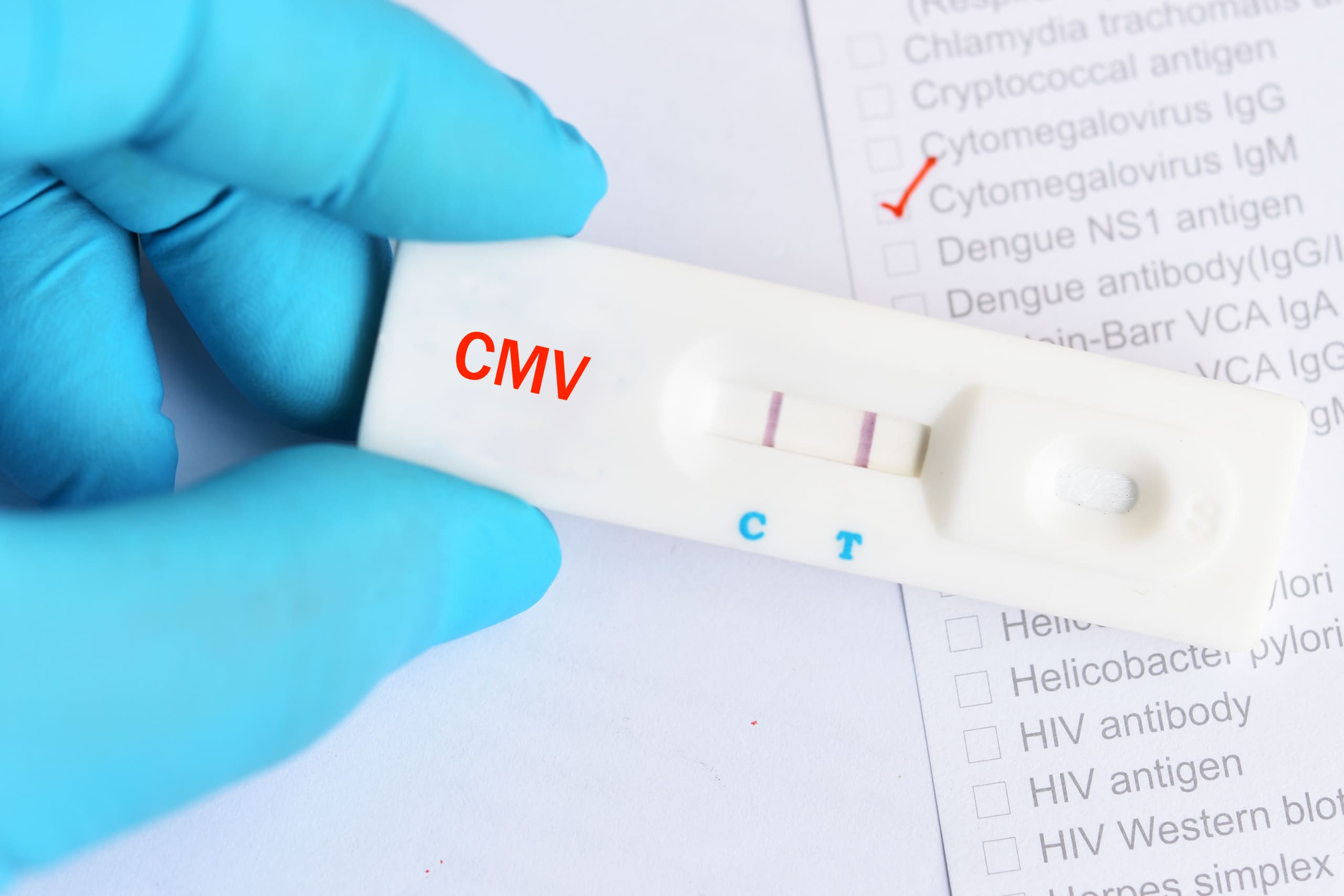Our Position
The Stop CMV Act (H.R. 5435/S. 2842) was successfully reintroduced during the first session of the 119th Congress by U.S. Representatives Mike Lawler (R-NY), Greg Landsman (D-OH), and Deborah Ross (D-NC) and U.S. Senators Richard Blumenthal (D-CT), Roger Marshall, MD (R-KS), and Mark Kelly (D-AZ) thanks to the efforts of AAO—HNS, working in partnership with other key allies and medical societies. This important legislation would authorize federal funding for congenital cytomegalovirus (cCMV) screening programs that improve early detection and intervention of hearing loss in infants.

Background
Congenital cytomegalovirus (cCMV) is a little known, yet common, virus that is harmless in adults, but can cause birth defects like deafness, seizures and developmental delays in babies. It is the leading infectious cause of birth defects. The Centers for Disease Control and Prevention (CDC) estimate that one in 200 babies are born with CMV and 1 in 5 babies born with CMV will develop long-term health problems, such as hearing loss.

A fetus can be infected with cCMV when the mother is exposed to the virus for the first time, or an old infection is reactivated. The virus in the mother travels through the placenta to the fetus. The exact mechanism by which cCMV causes infection and birth defects is still unknown. However, it is believed to damage the cells of the fetus during gestation and/or restrict blood flow to developing organs.
The hallmark feature of cCMV is progressive and permanent hearing loss, which can present at birth or occur later in life. The Academy’s position is that every newborn should be screened for cCMV. As leaders of the hearing healthcare team, otolaryngologists recognize the critical role that screening plays in facilitating timely intervention and treatment—both of which can dramatically decrease the risk of continued hearing loss and other degenerative effects.
Resources
119th Congress
118th Congress
